Black Teachers: A Pedagogy of Organized Resistance
Zinn Education Project
JULY 24, 2024
Jarvis Givens is a professor of education and faculty affiliate in the department of African & African American studies at Harvard University. As an interdisciplinary scholar, he specializes in 19th and 20th century African American history, history of education, and theories of race and power in education.

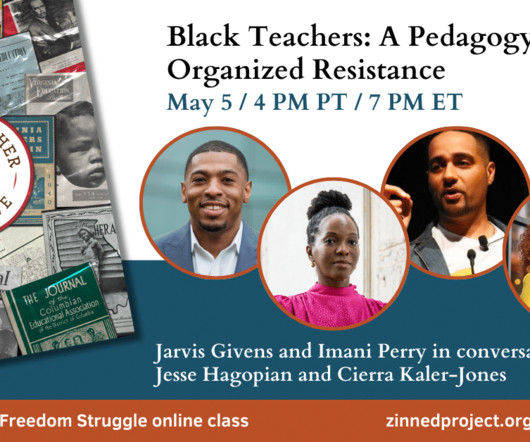






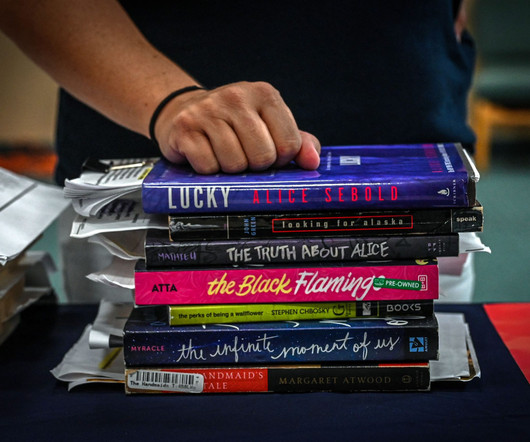
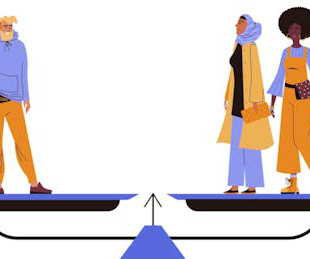
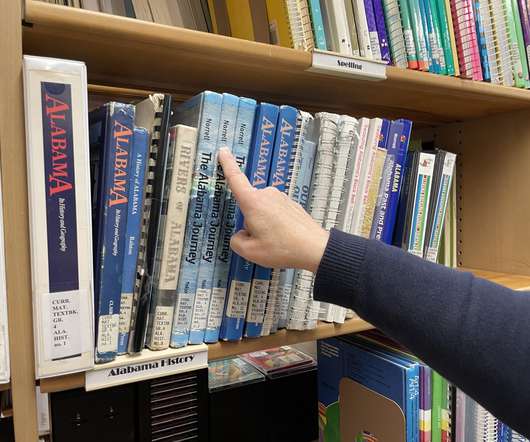
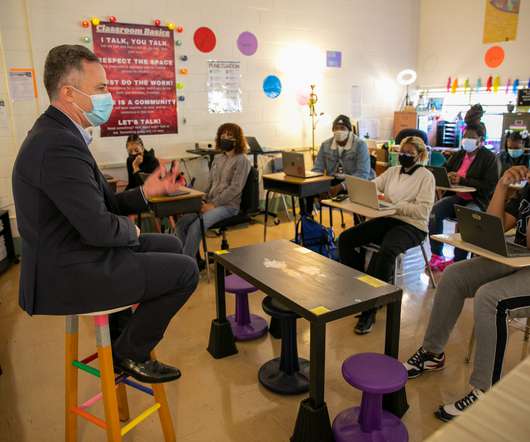
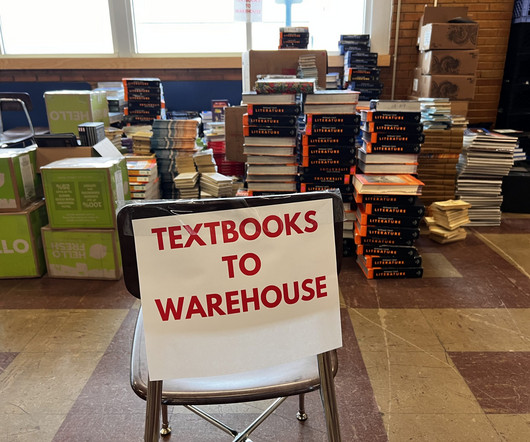






Let's personalize your content